Chinese Wisdom in Xi's Words: 'The Essence of Governance'
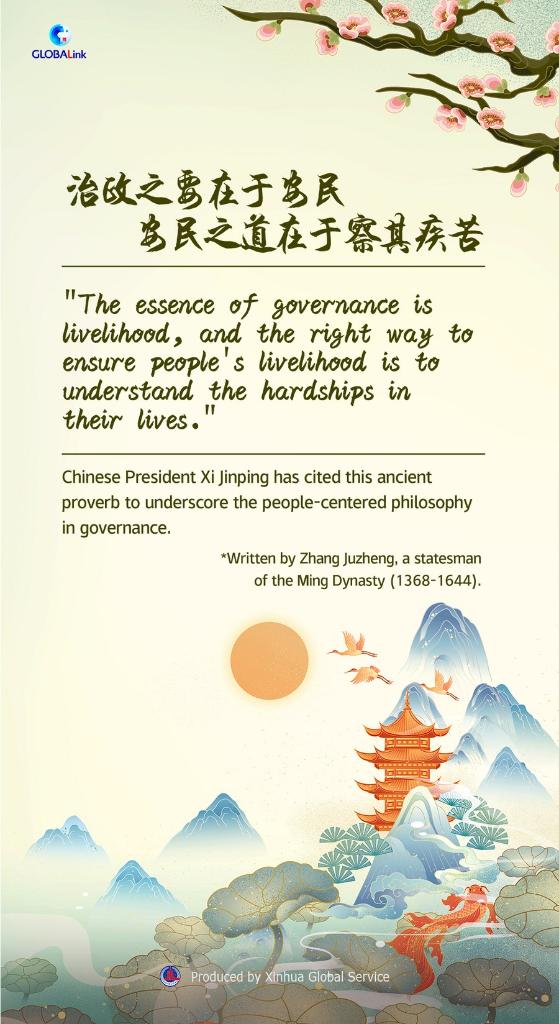
BEIJING, Jan. 10 (Xinhua) — "The essence of governance is livelihood, and the right way to ensure people's livelihood is to understand the hardships in their lives" — President Xi Jinping has cited this ancient proverb to underscore the people-centered philosophy in governance.
The proverb originates from a policy proposal from Zhang Juzheng, a statesman of the Ming Dynasty (1368-1644). He carried out a series of "livelihood-centered" reforms in politics, the economy, and national defense to ease social conflicts and save the crisis-ridden dynasty after nearly 200 years of rule.
The proverb appeared in a collection of Xi's speeches and articles during his stint in the then poverty-stricken prefecture of Ningde from 1988 to 1990. The book revolved around how Xi was concerned about the people living in poverty and what he had done to help them relieve the hardship.
After being elected general secretary of the Communist Party of China (CPC) Central Committee in 2012, Xi told the press that Chinese people's aspiration for a better life is the goal to strive for.
The better life he described included better education, more stable jobs, more income, reliable social security, better medical and health care, improved housing conditions, and a beautiful environment.
In the following years, the CPC leadership has highlighted the people-centered philosophy of development, and through persistent efforts, extreme poverty was eliminated in China.
In his New Year address to ring in 2022, Xi reviewed his field trips to different places in 2021. "Every time I visit people in their homes, I would ask if they have any more difficulties, and I would remember everything my folks had to share with me," he said.
He repeated the vow to strive for the aspirations of the people. Xi further pledged that to ensure that everyone leads a better life, the CPC must never rest on past achievements.
(Source: Xinhua)
Please understand that womenofchina.cn,a non-profit, information-communication website, cannot reach every writer before using articles and images. For copyright issues, please contact us by emailing: website@womenofchina.cn. The articles published and opinions expressed on this website represent the opinions of writers and are not necessarily shared by womenofchina.cn.


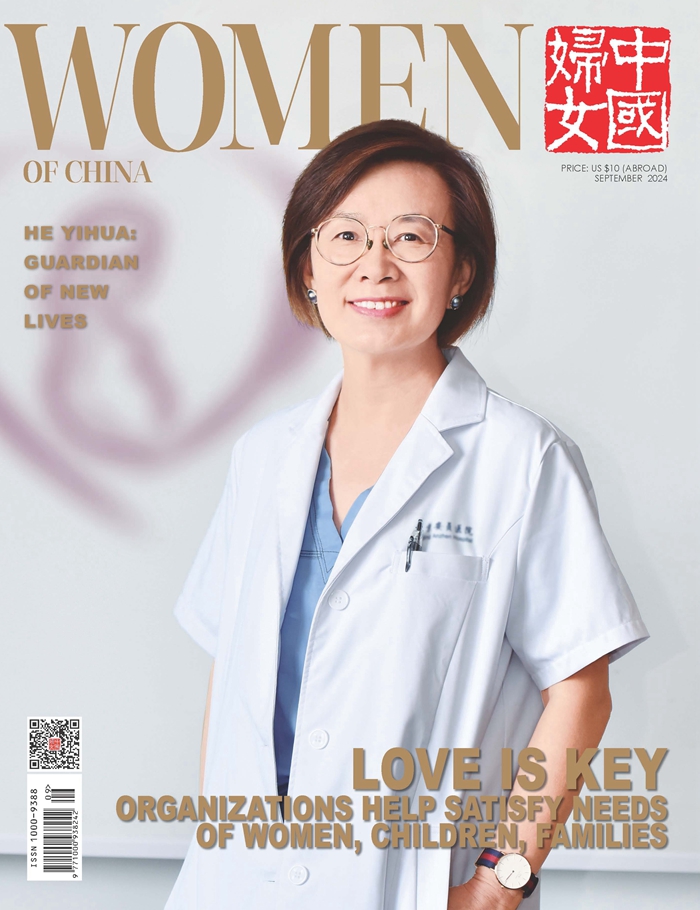
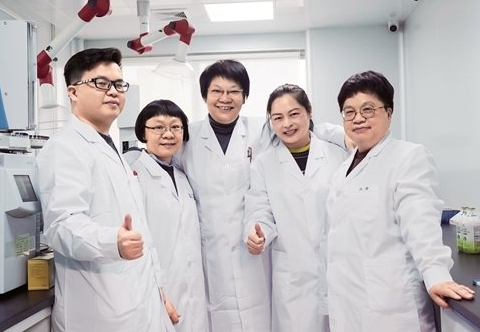
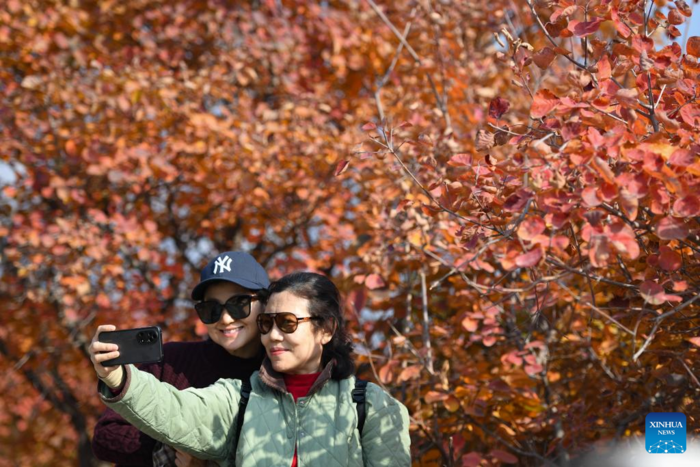
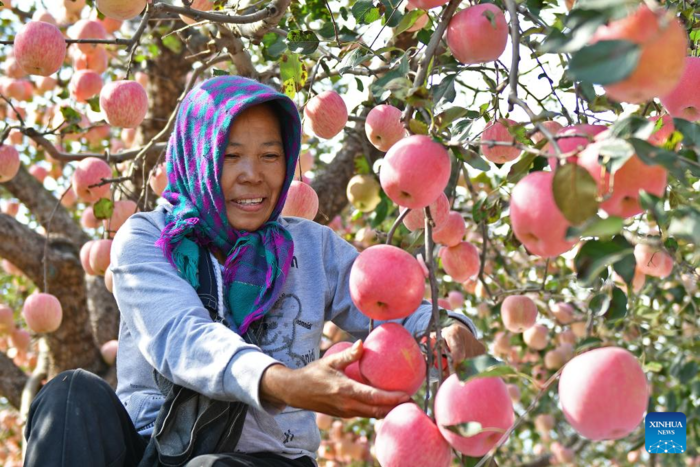
.jpg)

 WeChat
WeChat Weibo
Weibo 京公网安备 11010102004314号
京公网安备 11010102004314号